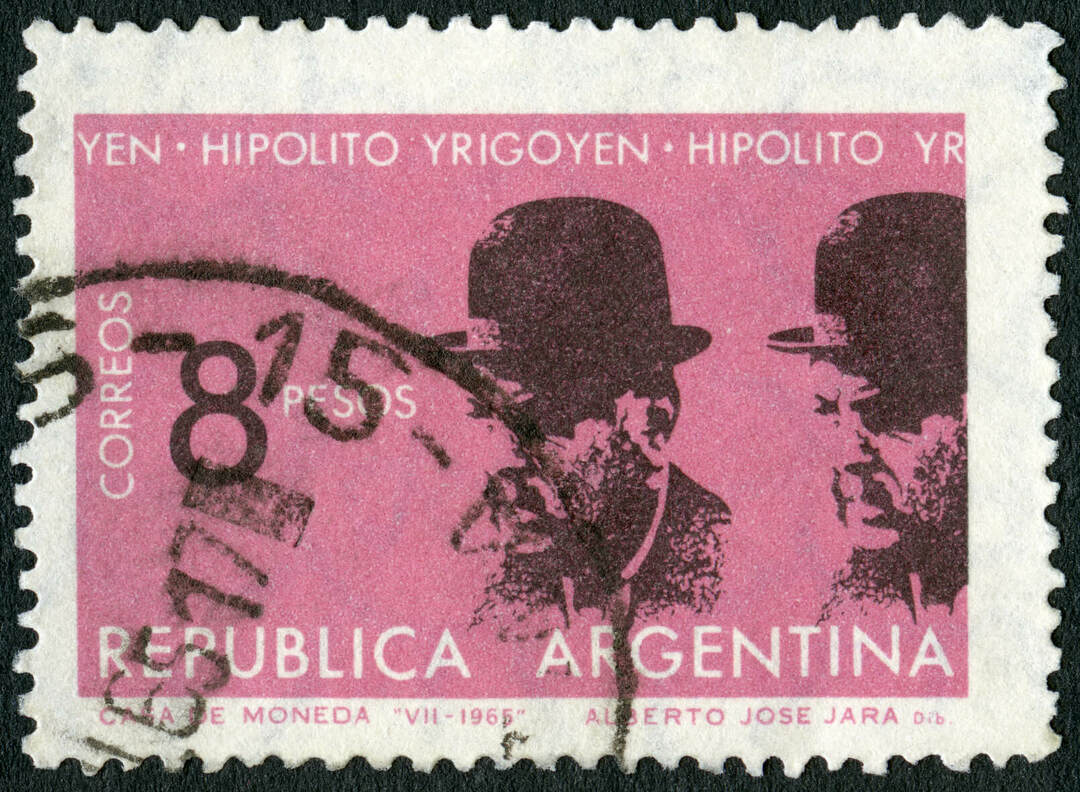Importance of the Infamous Decade (1930-1943)
Miscellanea / / August 08, 2023
 Known unofficially by the name that appears in the title, the years between 1930 and 1943 in the history Argentina knew how to be one of the clearest at the beginning of a practice that would last the whole century: that of coup. Understanding this period from the political, social and economic aspects is of great relevance to be able to have a comprehensive vision of the 20th century and its future in the country.
Known unofficially by the name that appears in the title, the years between 1930 and 1943 in the history Argentina knew how to be one of the clearest at the beginning of a practice that would last the whole century: that of coup. Understanding this period from the political, social and economic aspects is of great relevance to be able to have a comprehensive vision of the 20th century and its future in the country.
The democratic interruption as a resource of the sectors of power
The Infamous Decade that took place from 1930 to 1943 began with the famous coup that the military sectors (with the support of a large part of the citizenry) executed against the government of the then president elected for the second time, Hipólito Yrigoyen. This politician, with a radical stance, had entered his second term with important popularity but their economic positions and their inability to solve a crisis that actually acted as the tail of the crisis world were some of the reasons why the sectors of power decided to carry out the first coup d'état of the century xx.
With this began a period of 13 years marked by the return of the oligarchic sectors to power, corruption policy and the succession between presidents almost handpicked within the same power group. The society I support these acts and then watch impassively how the democratic structures that had been built since 1912 began to collapse. The inability of the military and civilian presidents (elected through fraud) to solve what they criticized Yrigoyen ended up cementing a situation of great political crisis and economic.
Politics in the hands of a few and the economy in the hands of the richest
To understand the relevance that this period had in our history we must point out two aspects. On the one hand, political practices went back to the days before radicalism. This means that throughout these years political fraud reappeared, but also the notion that in the face of a government that did not have the support of the powerful sectors, the coup d'état was the only option available to execute. From 1930 to 1976 this way of acting by the army remained alive and strong.
Secondly, the economy of the time showed the last attempt of the oligarchic sectors to maintain a productive structure based on the agro-export model, a model that had entered into crisis and depended mainly on the external context, also on crisis. The attempt to sustain an economy that would only benefit the owners and owners of the land and kept the great mass of workers impoverished was the salient feature of the epoch.
Fotolia image: Olga Popova
write a comment
Contribute with your comment to add value, correct or debate the topic.Privacy: a) your data will not be shared with anyone; b) your email will not be published; c) to avoid misuse, all messages are moderated.
